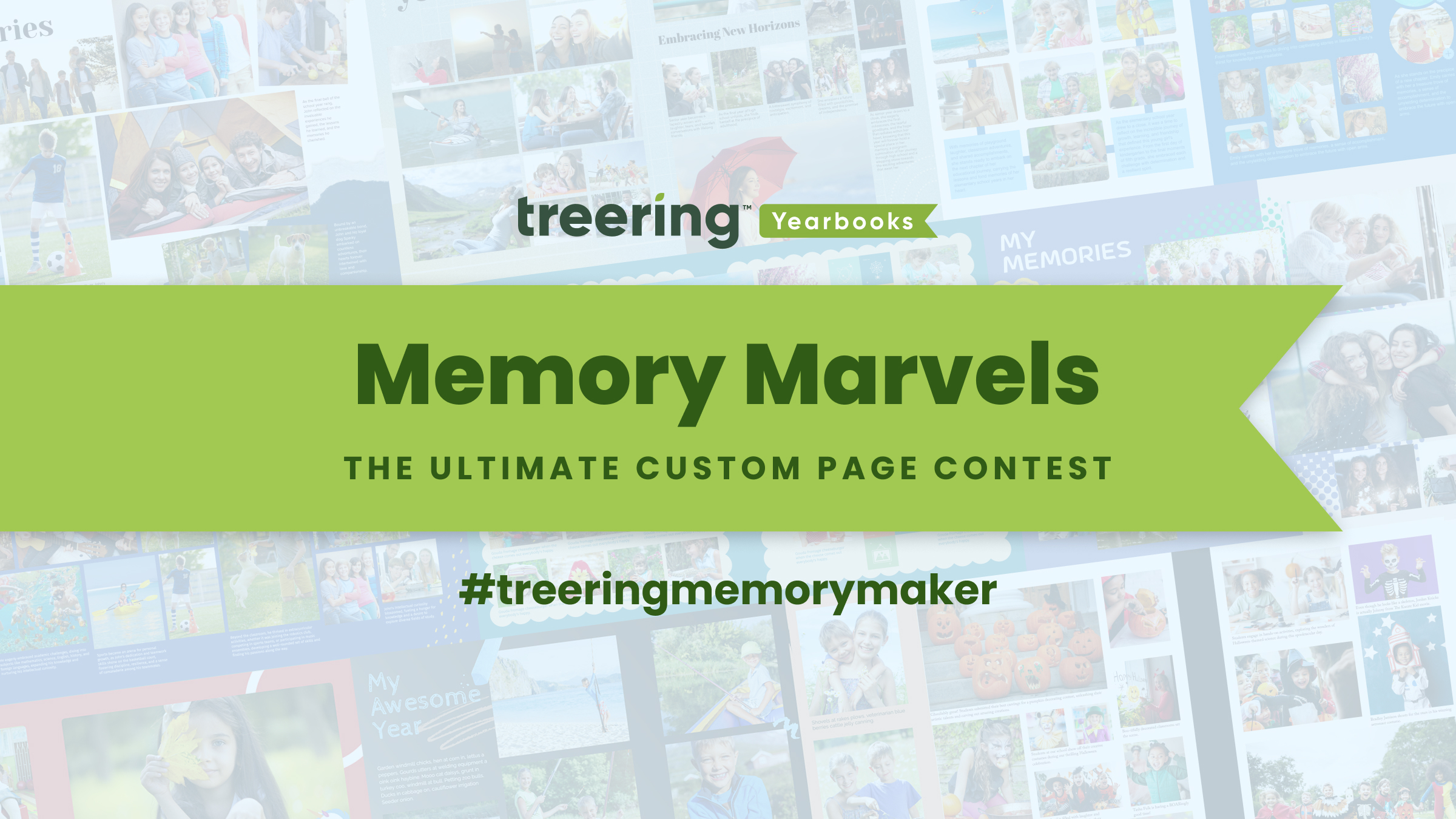Yearbooks are great at bringing memories alive through dozens of photos, an unforgettable theme, and a collection of events that happened throughout the year. However, what is sometimes overlooked is the copy of the yearbook – the written content that acts as the glue, holding the yearbook together. If you’re reading this, you probably want more from your yearbook copy.
People often rush through the copy, reporting only facts like “Football team ends season 10-1,” briefly quoting club or team leaders, or relying heavily on picture captions. They forget about one important aspect – storytelling. Storytelling helps to convey the year’s events through embellishment and entertainment, while still reporting facts.
Use storytelling as a way to paint a picture (like the action in this game) instead of relying entirely on photos.
Stating that the football season ended with an impressive score is nice, but it isn’t enough. However, recalling that in the sectional playoff game against our rival team, the opposing team fumbled the ball, which our running back recovered and then ran to the touchdown zone, winning the game by 1 point – that really brings people into the story (see, it worked, didn’t it). It helps to paint a picture of what the event was like, how it must have felt to the team, to the school, and to the fans overall.
Bringing readers into the yearbook content and portraying the events as more of a story will help people recall these memories years from now. When they are older and dusting their yearbook off the shelf, opening to the football page, they want to remember what happened and how it made them feel – not just that they had a good season.
Storytelling is no small feat for those that are more familiar with a purely journalistic point of view. However, following these useful tips can help transform the Anderson Coopers of your yearbook committee into Walt Disneys in no time.
Spark some interest: Good stories are about a challenge, or something that was overcome – whether it be that miraculous sectional football game, the Mathlete’s victory, or the debate that was a close loss. A compelling story often tells how people dealt with a challenge, and the outcome of that challenge.
Forget the page: Don’t think about this as a writing exercise, but rather recall the story as if you were verbally explaining it to someone who wasn’t there to witness it. Let the words fly as you spill everything about the big event.
Tell your story in front of the group to gain feedback.
Be emotional: You don’t have to get personal to be emotional and give some weight to your story. You were there; you know how it went down and what it felt like. If you felt that rush, that glory, and that happiness, chances are good that your audience will, as well. Put that emotion into your written recollection.
Jazz it up: If you can’t find the words to beef up your event-telling – grab a thesaurus and search for keywords that will significantly verbalize what the event was like, whether it was the “magic” of homecoming, or the “melancholy” of the last soccer game. Using stylish language will bring a new dynamic to the story.
Keep it short: Remember this “story” is for the yearbook and not the next installment of War and Peace. Be mindful that you are not babbling on, but rather crafting concise, creative sentences.
Practice makes perfect: Practice telling your story in front of the yearbook committee or a few friends to gain feedback. You’ll be able to gauge when the cutoff point should be and what information is pertinent or not necessary.
Get inspired: There is no better way to recall the year’s events than actually attending them. Since we know you’re already a “joiner” by being a part of the yearbook committee, bring that same school spirit to other events. No one says you have to be present for every Student Council vote, tennis match, and library meeting, but attending a few various events and gaining perspective will help you better craft the stories.
Whether big or small, every school event has a story to be told, and who better to tell that story than you? With the help of Treering, you’ll be able to creatively customize each story you and your fellow classmates have to tell – leaving lasting memories for yearbook readers for years to come!







